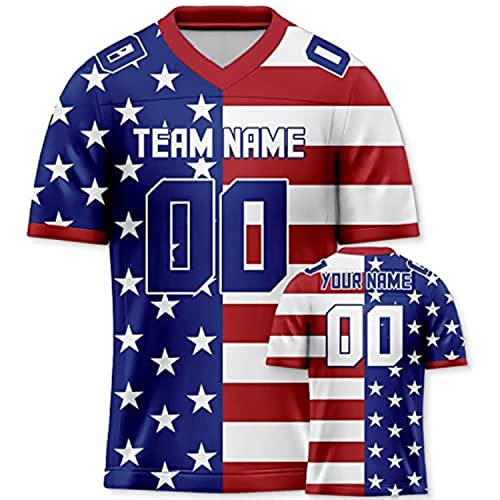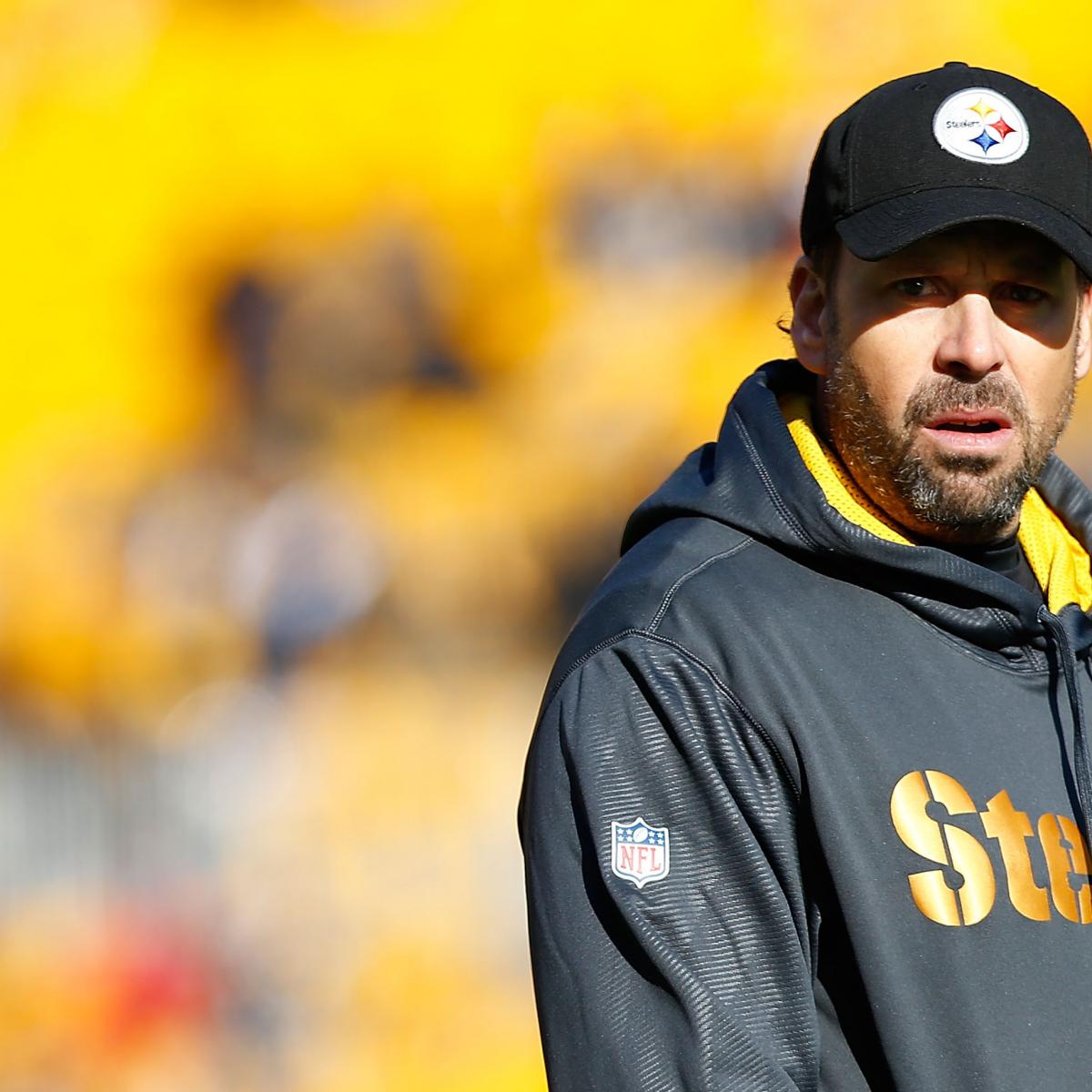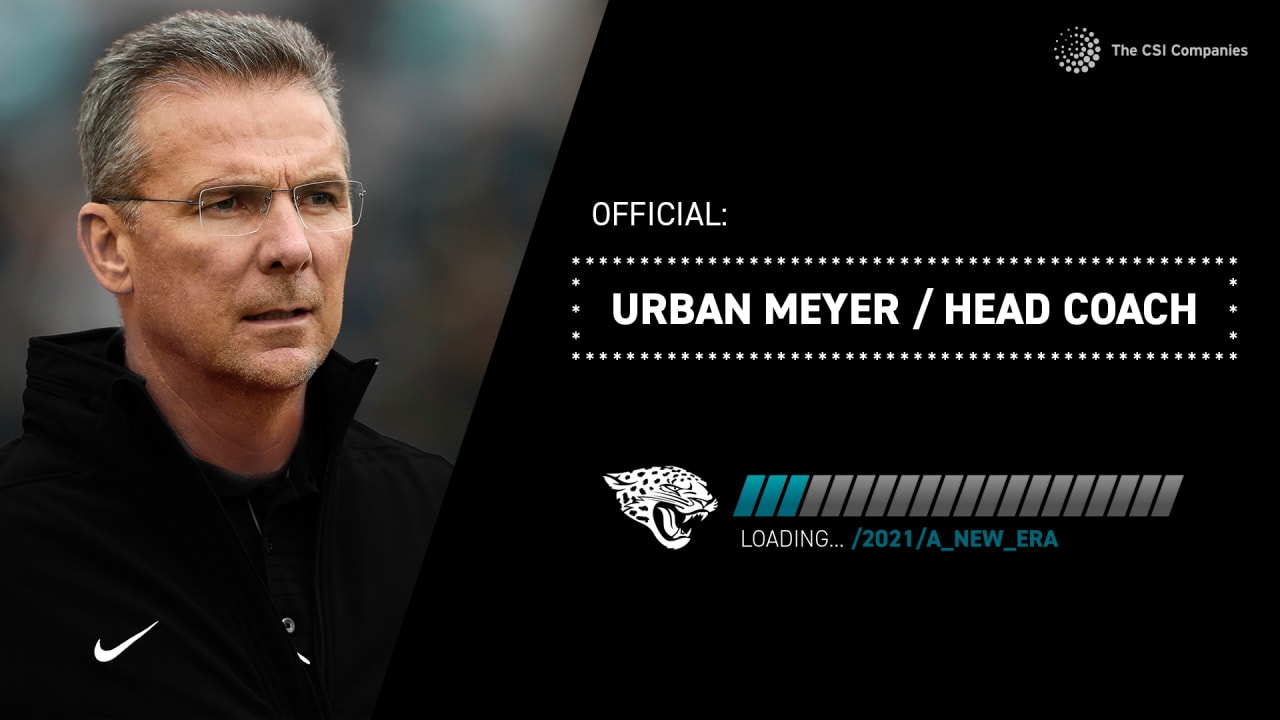10+ Flag Football Tips For A Stronger Team

Flag football, a variation of traditional football, is a fast-paced and strategic sport that requires a combination of speed, agility, and teamwork. As a coach or player, developing a stronger team involves focusing on several key aspects of the game, from improving individual skills to enhancing overall team strategy. Here are 10+ flag football tips to help your team become more competitive and successful:
1. Master the Basics
Before diving into advanced strategies, it’s crucial that every player has a solid grasp of the fundamentals. This includes throwing, catching, running with the ball, and flag pulling. Regular practice sessions should be dedicated to drills that improve these basic skills. For instance, quarterbacks should practice different types of throws (short, long, and intermediate passes) to develop accuracy and arm strength. Receivers should work on their route running, focusing on quick cuts and maintaining speed throughout their routes.
2. Develop a Strong Team Chemistry
Team chemistry is vital in flag football. Players need to be able to communicate effectively, support each other, and understand each other’s strengths and weaknesses. Team-building activities outside of practice can help foster this chemistry. For example, organizing team dinners or group outings can help players bond and build trust, which translates to better performance on the field.
3. Adapt Your Strategy
No two teams are the same, and your strategy should reflect this. Analyze your opponents’ strengths and weaknesses, and adjust your plays accordingly. If the opposing team has a strong quarterback, consider blitzing more often. If their receivers are exceptionally fast, make sure your defensive backs are prepared to keep up. For instance, if you notice that the opposing team’s quarterback tends to throw to one side of the field more often, you can adjust your defensive alignment to pressure that side more aggressively.
4. Conditioning and Fitness
Flag football is a high-intensity sport that requires a good level of fitness. Incorporate cardiovascular exercises, strength training, and flexibility workouts into your practice regimen. Players should be encouraged to work on their fitness levels outside of team practices as well. A well-conditioned team can outlast and outmaneuver less fit opponents, especially in the later stages of games.
5. Play to Your Strengths
Identify your team’s strengths and build your strategy around them. If you have a standout runner, incorporate more run plays into your offense. If your team excels at passing, develop a pass-heavy offense. This approach can help you exploit the weaknesses of your opponents more effectively. For example, if you have a receiver who is particularly good at making deep catches, you can design plays that take advantage of this skill, such as deep post routes or fly patterns.
6. Improve Your Flag Pulling Technique
In flag football, the ability to pull flags effectively can be the difference between winning and losing. Practice different techniques for flag pulling, such as reaching for the flag from different angles and using your body to shield the opponent from getting to the flag. Players should also work on their agility and reaction time to quickly change direction and catch opponents off guard.
7. Study Game Footage
Analyzing game footage can provide invaluable insights into your team’s performance and areas for improvement. It can help identify mistakes, such as missed assignments or poor technique, and highlight successful plays that can be built upon. Coaches and players should regularly review footage to learn from their experiences and adjust their strategies accordingly.
8. Practice Under Pressure
A lot of flag football games are decided in the final minutes, so it’s crucial that your team can perform under pressure. Incorporate game-like scenarios into your practice sessions, such as two-minute drills or sudden-death situations, to simulate the stress and urgency of real games. This can help players develop the mental toughness and composure needed to make critical plays in high-pressure situations.
9. Be Versatile
Flexibility is key in flag football. Be prepared to adjust your lineup or strategy mid-game if something isn’t working. This might involve switching your quarterback, changing your defensive scheme, or trying different routes on offense. Coaches should be willing to think on their feet and make adjustments based on the flow of the game.
10. Respect Your Opponents
Underestimating your opponents can lead to complacency and poor performance. Regardless of the opponent’s skill level or reputation, always approach each game with a competitive mindset and prepare thoroughly. This respect should also extend to the game itself, with players and coaches adhering to the rules and spirit of sportsmanship.
11. Continuously Learn and Adapt
The strategies and techniques in flag football evolve over time, with new plays and defensive schemes being developed. Stay updated with the latest trends and be open to incorporating new strategies into your team’s playbook. Attend clinics, watch videos, and share knowledge with other coaches and players to stay ahead of the curve.
12. Focus on Safety
While winning is important, player safety should always be the top priority. Ensure that all players are equipped with proper gear, including mouthguards and flags, and that they understand how to play safely to avoid injuries. Coaches should also emphasize the importance of fair play and sportsmanship, discouraging any behavior that could put players at risk.
By implementing these tips and continually working on improvement, your flag football team can become stronger, more cohesive, and more competitive. Remember, success in flag football is not just about winning games; it’s also about fostering a love for the sport, promoting teamwork, and ensuring that all players have a positive and enriching experience.
What is the most important skill for a flag football player to have?
+While all skills are important, the ability to throw accurately and catch consistently is crucial for any flag football team. These skills form the foundation of a team’s offense and can significantly impact its ability to score and control the game.
How can I improve my team’s flag pulling technique?
+Improving flag pulling technique involves practice and the use of proper technique. Players should practice reaching for the flag from different angles and using their bodies to shield the opponent. Agility drills and reaction exercises can also help improve a player’s ability to quickly change direction and catch opponents off guard.
What role does conditioning play in flag football?
+Conditioning is vital in flag football as it allows players to maintain their energy levels throughout the game. A well-conditioned team can outlast opponents, especially in the later stages of games, making conditioning a critical aspect of team preparation and strategy.



